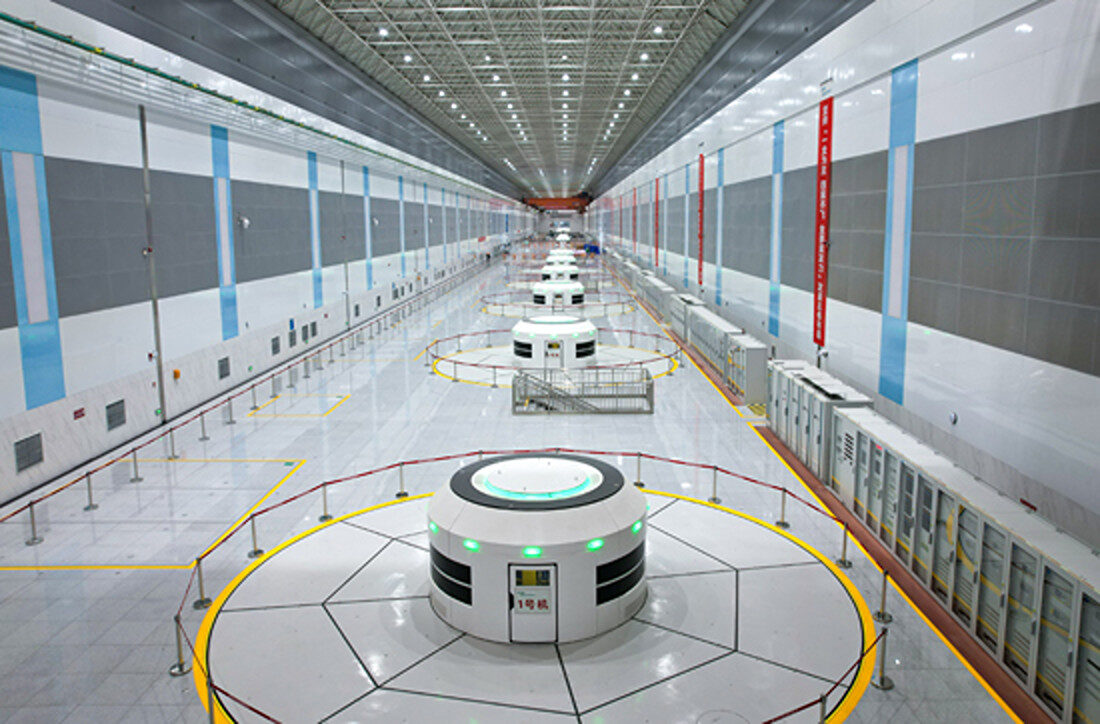Putting aside for a moment the medical and ethical arguments of such a divisive issue, one of the joys associated with the legalization of cannabis production is reading corporate quotes like the following, which concerns the lack of electricity grid access:
“Given the remote location of [the client’s] planned operations, local utility companies have been unable to commit to providing service in a timeframe that would support their business plans. This is a common challenge for large and sophisticated cannabis operations…”
That particular headache faces commercial cannabis producers in California, one of the 11 U.S. states – plus the District of Columbia – where the use of the drug for recreational as well as medicinal use is above board.
How can cannabis farms in remote, off-grid locations ensure they have the round-the-clock power needed for cultivation? By turning to solar and storage, according to renewable energy microgrid and software company CleanSpark.
Installation hope
The Salt Lake City-based business today announced it has landed the contract to draw up a feasibility study for a micro grid to independently power operations at the TMP Unlimited Inc cannabis company in California City.
With CleanSpark carrying out the study for Santa Barbara-based residential and commercial renewables installer Good Energy Solar, the microgrid specialist also hopes to win the installation contract, which would be worth “in excess of six figures in revenue”, according to CleanSpark president Zach Bradford, whose musings on large, sophisticated cannabis growing operations are printed above.
As part of its feasibility study, CleanSpark said it would advise on how much solar generation and energy storage capacity would be required, as well as providing a 20-year financial model for the microgrid.
This content is protected by copyright and may not be reused. If you want to cooperate with us and would like to reuse some of our content, please contact: editors@pv-magazine.com.




By submitting this form you agree to pv magazine using your data for the purposes of publishing your comment.
Your personal data will only be disclosed or otherwise transmitted to third parties for the purposes of spam filtering or if this is necessary for technical maintenance of the website. Any other transfer to third parties will not take place unless this is justified on the basis of applicable data protection regulations or if pv magazine is legally obliged to do so.
You may revoke this consent at any time with effect for the future, in which case your personal data will be deleted immediately. Otherwise, your data will be deleted if pv magazine has processed your request or the purpose of data storage is fulfilled.
Further information on data privacy can be found in our Data Protection Policy.